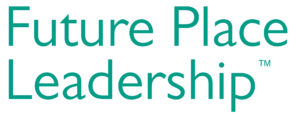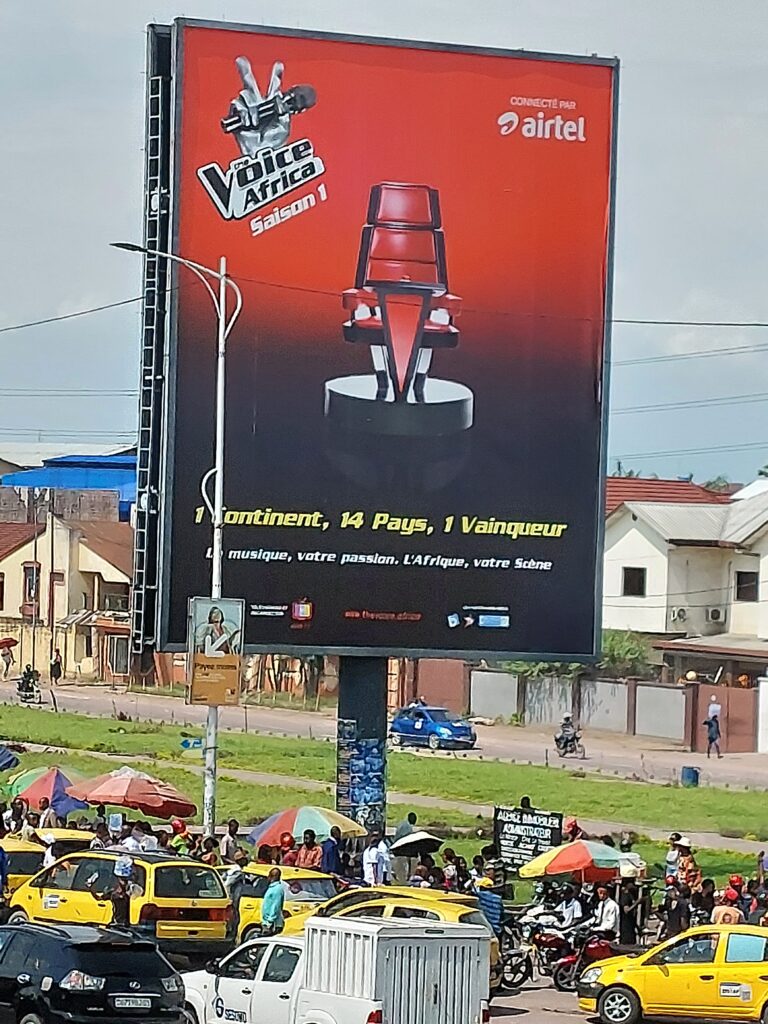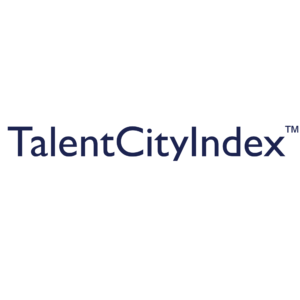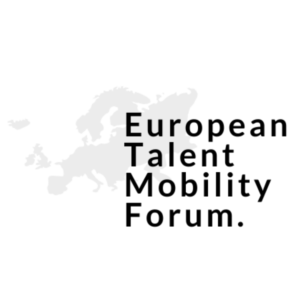Pre-conception #6: ‘Place is less relevant’
A 6 part article series by Nicole van Haelst
We make places great. Why? Because in relocation, assets relating to the living environment are most decisive. Meanwhile, the world of work is broken. The pandemic, geo-political stress, the climate crisis and high speed of digitization fosters tensions on the labour market. Traditional models with a clear divide between home and office are challenged by hybrid and more fluid forms. Remote working and global nomads have become mainstream. The endgame of this transition has not yet begun.
We try to gauge the full impact of the above developments on the concept of Place. One popular idea is the following:
Employers accept people working from anywhere and so have become less dependent on the reputation of the place in attracting & retaining staff.
True and false?
True. Place is less relevant for an employer if the majority of the staff works from a preferred location other than the corporate office and distance to work is accepted. In this case work and home have become unrelated and employers shift weight to the employer brand in labour market communications.
However, an increasing number of employers prefer their staff to check into the office a few times a week (again), for productivity or team building reasons. Since people value the living environment more than the job, employers have all the more reason to work with the city to promote the Place as the most liveable in terms of safety, sustainability, child-friendliness, culture and hospitality.
Place has gained substantial relevance for the smaller cities and suburbs too. The hybrid forms of work allow for more distance to the business district. And we see great places for the global nomads being promoted …. Such as Madeira successfully does. The (global) competition amongst those ‘second tier’ places – or paradises – has become more fierce.
‘Place’ still matters and the changing context seems to require a change in response, or question even: What places are more relevant?
OTHER places more relevant
Our customers are mainly European but Places on other continents have gained our interest. No doubt a result of the fact that most of us work remotely from awesome places like Vietnam, Bali, and Colorado to name a few. But, apart from that, more parts of the world have become involved in the war for talent. And as for me – Well I ended up in Congo DRC, the Heart of Darkness in Central Africa. Exotic and remote for sure. Interesting too.
Africa is mentioned more often in the context of solving the scarcity on the Northern labour markets. The continent as a source. This includes both talent for relocation and remote work. A big topic. Very big. Very complex too. In addition and equally interesting is the topic of Africa as a career destination. The economies of an increasing number of African countries are growing. They too are heavily invested in attracting and retaining talent and skills, nationally and from other parts of the world.
Case: Kinshasa, Congo DRC
June 2021 I arrived in Kinshasa, visiting dear friend, now husband Roland. And a rollercoaster it has been, personally and professionally. It didn’t take long before my mind started exploring ‘place leadership, talent attraction, Kinshasa, future proof cities and the like. Talking about misbeliefs, assumptions, preconceptions etc. I am in a state of becoming…
Some facts: waste management is at a very early stage development. Kind of non-existing actually. The city is one big poubelle of plastic. Congo DRC is often in the news, mostly negatively as related to the war in the eastern part of the country. Looking at the cultural scene, music and fashion in particular, Kinshasa qualifies amongst the global trendsetters. Capital Kinshasa is home to over 18 million people including over 10 million youngsters.
‘Mutu Fulu’ – towards a more sustainable and inclusive city
So many needs, so much potential. ‘If you want to make a change, start acting, do, experiment!’ I told myself. It’s the best way to discover what works, how to relate, what the next steps could be. And so the idea of ‘Carnaval de Kinshasa’ was born. Aim is to show the world the extraordinary richness the city has on offer (other than the ‘usual’ raw materials Congo is associated with). Theme: ‘Mutu Fulu’, or ‘Waste is in your head’ in lingala. Approach: raise awareness for the attractiveness of a clean(er) city, in terms of joy of happiness and prosperity for ALL.
Recycled waste is used for art: costumes, installations, dance, music and play. The project builds on the attributes of a true talent hub; human centred design with clear ownership by the people that make up the tribal society DRC is today. Shaka, a local artist with the potential to become world famous, is the project lead. We work as a start up: lean project management and a diverse team. The initial deliverables towards the end goal – the Mutu Fulu festival – are projects in itself and funded (in kind) by the private sector.
Africa’s got Talent
So far, not much different from place making in other parts of the world. It is a marathon, perhaps an ultra-marathon this time. Talent abounds. In numbers and quality. In medical sciences and fashion the Congolese stand out for their creativity. Never realised. People take care of each other and their families. Salaries are shared. A professional will always teach some ‘élèves’. An informal alternative for secondary education. Heart warming and refreshing at the same time. Finding a workable mix between habits and rationale is the biggest challenge so far.
The Mutu Fulu project is progressing. No festival date is set until we have taken some more hurdles. Managing the role of the government for example because it doesn’t always match well with the bottom-up approach. The roadmap to the festival is built on experiments. Our first one was aimed at children and learning whilst playing.
Betona, beto na beto (we, together)
Old Dutch games combined with a masterclass for mini’s on ‘what to do with your waste’ was a huge success. A sneak preview of the potential of a clean street as a space for play. The parents, all proud. The smiles on the children’s faces, true Place Leaders of the future.
And there’s definitely more traction. ‘The Voice of Africa’ started their first season! There you go! And we have just set up an inspiring 10 day program to visit the Africa Tech Summit in Nairobi and Kigali. A fact finding mission for a capital city in Europe. Checking assumptions on the way to increasing mutual access to talent, technology and market.
Culture of curiosity
To find the skills we need for our economies, other places become more relevant. Second tier cities, non urban, non European, non traditional (talent) markets – even Kinshasa! – are on the rise. In exploring the opportunities for collaboration with those new sources and destinations, it’s crucial to be aware of our (cultural) programming.
We should check the validity of our assumptions and ideas on a regular basis. ‘Cultivate a culture of curiosity that welcomes dissent, challenges the status quo and unlearns the always-done ways and ideas that have gone off like yoghourt in the fridge. It’s the gap between what you know and what you want to know’, as Terence Mauri, founder of Hack Future Lab suggests.
And to not make it too difficult: if we adopt a talent central, data driven approach we’re on the right track. Knowing what skills we need, what drives people and how to translate this into a great offer, will make the best and brightest want to come to our cities and stay. To study, work and live. As for my (ad)venture in Africa, the story continues. The Place Leaders I work with are happy to co-create in the broader Place making community. ‘Beto na beto’. We, together.
Read part 1 of the series here: ‘Talent = Student or Top Performer’
Read part 2 of the series here: ‘Employers are the demand side’
Read part 3 of the series here: ‘We know best why we are an attractive place’
Read part 4 of the series here: ‘Government & Talent Agenda: They shouldn’t, they couldn’t’
Read part 5 of the series here: ‘Hires is all that counts’
Read part 6 of the series here: ‘Place is less relevant’
